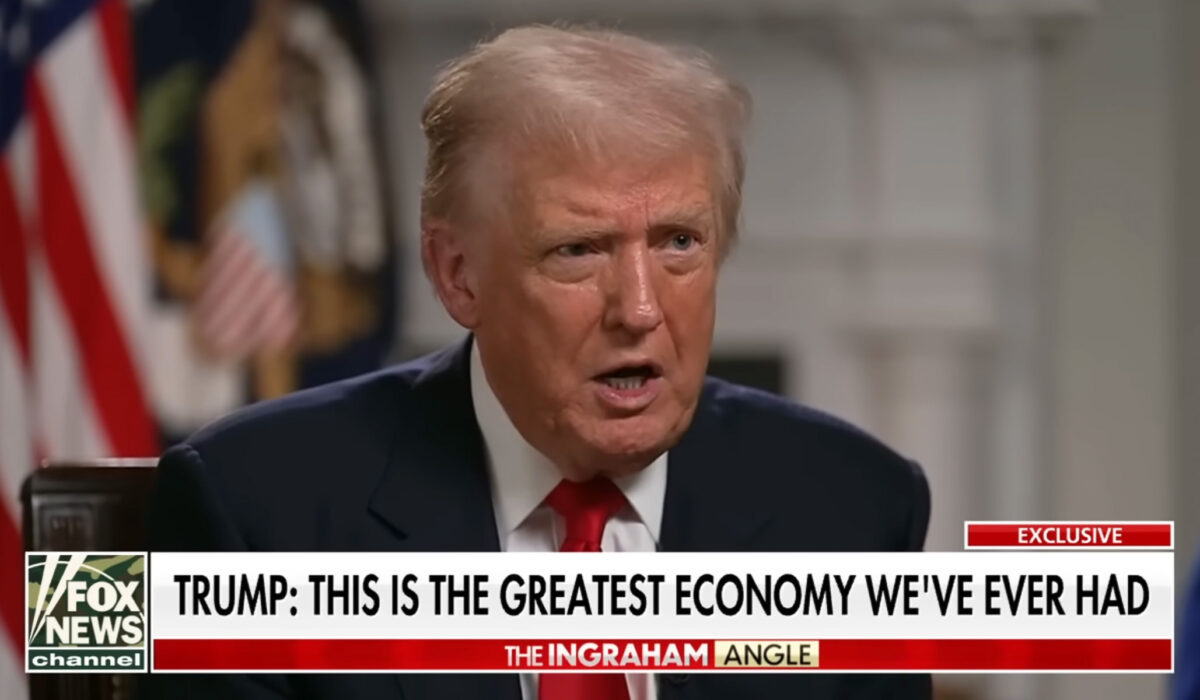Economy, Elections, and the Cost of Second Chances
“As Oscar Wilde might have said, to lose one presidency over economic angst may be regarded as a misfortune; to lose two looks like carelessness.” That line lands hard because voters decide with wallets, not slogans. When the economy stumbles, decisions get personal and immediate.
Republicans have long argued that steady growth, lower taxes, and fewer burdensome regulations create the conditions for prosperity. Those are practical tools that deliver paychecks and opportunities, not abstract promises. It’s reasonable to judge leaders primarily on whether they protect and expand that prosperity.
Economic anxiety is a powerful force in American politics. People feeling squeezed at the gas pump, grocery counter, or housing market are more likely to change course. That makes fiscal stewardship more than campaign rhetoric; it is a direct responsibility to working families.
The lesson is straightforward: elect leaders who prioritize growth and stability. A party that loses sight of policies that produce clear benefits risks repeating hard lessons. Voters remember income, prices, and job security when they enter the ballot box.
Look, governance isn’t glamorous. It involves tax policy, regulatory choices, trade decisions, and sound monetary expectations. Those levers shape markets and household budgets. Pretending otherwise is political theater, not responsible leadership.
From a Republican view, trimming red tape and keeping tax policy predictable helps businesses plan and hire. That generates jobs and raises incomes across communities. When those outcomes are visible, public confidence follows and political mandates solidify.
Conversely, uncertainty from big spending plans or shifting rules can spook markets and freeze investment. That hits small businesses first, then workers. Blame for slow growth tends to land on whoever holds the executive seat at the time.
Voters are practical. They prize leaders who deliver clearer roads to opportunity. Promises of future change mean little if today’s bills keep piling up. So credibility comes from performance, not spin.
Campaigns should talk about distinct, measurable plans for lowering costs and expanding choice. That means focusing on energy independence, regulatory relief, and tax policies that reward work and risk-taking. Concrete ideas beat platitudes in the real world of household budgets.
It also means owning results when things go wrong and adjusting course quickly. Accountability builds trust, and trust is essential for long-term reform. Voters respect leaders who acknowledge mistakes and fix them without trading principles for popularity.
The bottom line is simple: elections turn on economic reality. A smart political strategy recognizes that delivering prosperity is the clearest path to retaining power. Ignoring that fact invites the very losses some now lament.

